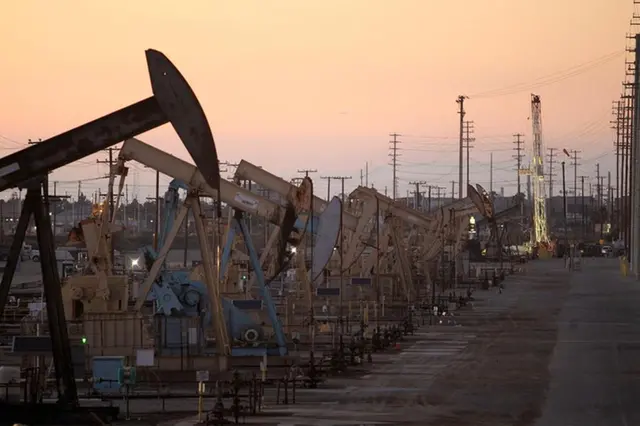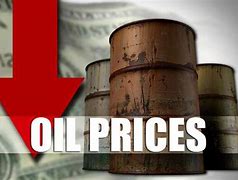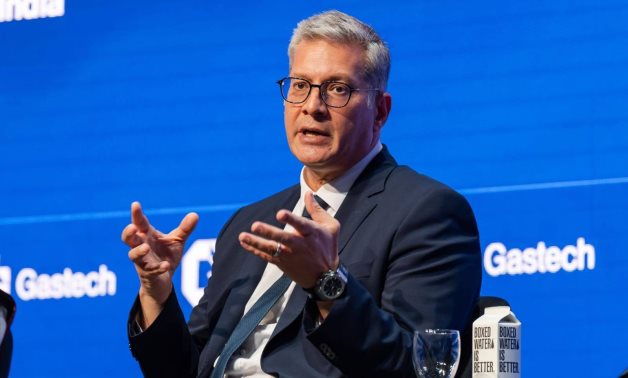Energy

Saudi Arabia can control oil supply. Demand could be its Achilles heel

LONDON, May 6 (Reuters) - Saudi Arabia has signalled it is willing to enter a painful price war to assert dominance over other oil producers, but worsening global economic conditions mean the kingdom's standard playbook might be less effective this time around.
Saudi Energy Minister Prince Abdulaziz bin Salman in recent weeks has appeared to threaten an all-out price war to restrain recalcitrant OPEC+ members that have failed to comply with the alliance’s production quotas.
The strategy appeared to shift into a higher gear over the weekend. On Saturday, six key members of the Organization of the Petroleum Exporting Countries plus Russia and Kazakhstan agreed to rapidly unwind production cuts for a second consecutive month.
The decision to add 411,000 barrels per day of oil in June means that between April and the end of next month, OPEC+ will have added 960,000 bpd into the market, which is already well supplied.
OPEC+ sources have told Reuters that the group could further accelerate the production hikes and bring back to the market as much as 2.2 million barrels per day by November.
Even more ominous, oil future prices from October onwards are now in a contango structure, whereby crude prices for future delivery are trading at higher prices than contracts for closer delivery, indicating market expectations for long-term oversupply.
This will likely make oil producers think twice before investing in new production, and could lead many short-cycle U.S. shale producers to cut activity.












